The witching hour approaches, and Halloween is nearly here... If you’re planning a movie night but can’t figure out what to watch - or want to discover a gem that may have passed you by - we’ve got you covered.
We’ve handpicked our favourite - and largely underseen - horror movies of the past decade.
Which ones have you seen and do you agree with our picks?
2014: Ich Seh, Ich Seh (Goodnight Mommy)
(Dir. Veronika Franz and Severin Fiala)
An opulent house with large glass windows glows within a secluded Austrian woodland. Inside, a mother (Susanne Wuest) is recovering from cosmetic surgery, her face bandaged like a balaclava. She shutters the blinds and bulk buys frozen pizza, intent on keeping the world out. Within this isolation, however, the seed of something sinister unfurls from an unresolved trauma: her twin sons Elias and Lukas (Elias and Lukas Schwarz) start to believe she is an imposter.
The directorial debut from filmmaking duoVeronika Franz and Severin Fiala, it developed a cult following for its twist, and set the tone for their future folk horror-infused works (The Lodge, The Devil's Bath) with gorgeous gothic cinematography that feels like being dipped inside a shadowy landscape painting. It also marked two key themes that would go on to define much of the past decade’s horror: motherhood and trauma. The contrast between aesthetics - a beautiful brightly-lit home set against the unknowns of the dark forest outside, reminds us that the spaces we once thought should be safest are often where life’s greatest horrors emerge. Warning: Cat lovers, this gets rough. AB
Other 2014 highlights:The Babadook; A Girl Walks Home Alone At Night; What We Do In The Shadows; The Falling.
2015: Évolution (Evolution)
(Dir. Lucile Hadžihalilović)
Over the course of three films, from her 2004 debut Innocence to 2021’s Earwig – her English-language debut about a girl whose teeth are made of ice – Lucile Hadžihalilović has established herself as one of the most singular voices in French cinema. But it’s her sophomore feature, Evolution, that currently stands as her strongest calling card.
Part creepy arthouse movie, part disquieting exploration of adolescent sexuality, Hadžihalilović’s second feature follows a young boy, Nicolas (Max Brebant), who lives on an island with other boys and their mothers. No men are present and the children are regularly hospitalised to be subjected to experiments by their anaemic-looking carers. Nicolas starts to challenge his passive existence and question his purpose on the island when he discovers a dead boy with a red starfish on his stomach close to the shore... A transfixing nightmare ensues. Evolution might be too much of a speechless genre exercise for those who prefer their horror less enigmatic; however, for anyone curious to see what an intoxicatingly eerie nature documentary spliced with some aesthetically gripping body horror would look like, search no further. DM
Other 2015 highlights:The VVItch; It Follows; Green Room; The Invitation.
2016: Grave (Raw)
(Dir. Julia Ducournau)
2016 was one hell of a year for horror, but there’s one that stands out: Julia Ducournau’s debut film Raw.
Five years prior to becoming the first woman to win the Palme d’Or solo for her face-melting achievement Titane, the French writer-director gave us an unflinching and at times nauseatingly tactile statement of intent. Following Justine (Garance Marillier), a young vegetarian who embarks on her first year at veterinary school – the same one her older sister Alexia (Ella Rumpf) attends - Raw is an immersive coming-of-age film about primal urges. Always one to keep her audience on their toes, Ducournau makes it evolve into a modern metamorphosis story which deals with sisterhood, sexuality and inherited familial trauma, all executed with measured excess. She employs cannibalism to comment on nonconformity and acceptance through unconditional love, and rare are films that buttress their allegorical strata with such visual verve and wicked humour. As for that poisonous little sting at the end of the film, it is pure perfection, reminding everyone that France had pushed the horror genre by previously kickstarting the New Extremity movement. And ever since 2016, it has had one of the most assured and fiercest voices in cinema. Her new film Alpha is rumoured to come out next year... Bring. It. On. DM
Other 2016 highlights:The Untamed; The Wailing; The Love Witch; The Autopsy of Jane Doe; Prevenge; Train to Busan; Under The Shadow; The Eyes of My Mother; Hounds of Love; Personal Shopper... There's no disputing it: 2016 was a banner year for horror.
2017: Aterrados (Terrified)
(Dir. Demián Rugna)
Home is where the tall, naked slenderman crawls out from under your bed to watch you sleep in this deeply unnerving paranormal horror debut from Argentine director Demián Rugna. Set in a rundown neighbourhood of Buenos Aires, the homes of some local residents are creaking, cracking and leaking with the presence of something sinister. Gurgles echo from kitchen sinks and cutlery clings to cupboards; the haunted house is no longer a mansion atop a crooked hill, but instead the seemingly innocuous four walls people inhabit daily.
After the corpse of a recently deceased little boy turns up in his mother’s kitchen, a team of police and paranormal researchers decide to spend the night in several of the houses - a doomed sort of slumber party! The scares come thick and fast, eschewing the usual supernatural tropes of gradual build-up and subtle entities. These demonic creatures are revealed to cross dimensions through water, a horrifying concept that’s contaminated with themes of societal anxiety and housing insecurity. Don’t look in the wardrobe. AB
Other 2017 highlights:Get Out; Happy Death Day; Thelma; Revenge.
2018: Suspiria
(Dir. Luca Guadagnino)
Dance is a fascinating element of horror. Rooted in obsession that flails with emotional erraticism to the observer, it feels symbolic of an entire genre built upon unpicking our innermost anxieties - in particular, the terror of losing control of ourselves. Nowhere is this captured better than in Luca Guadagnino’s reboot of Dario Argento’s Suspiria. Instead of attempting to recreate the technicolour terror of the original, it’s a rare example of a remake that feels so new and unique in its vision, layering historical texture and focusing on the dance elements in particular to elevate meaning.
Contextualised within the political turmoil of 1970s West Berlin, it follows Susie Bannion (Dakota Johnson), a young woman that wins a place at the prestigious (witch-coven run) Markos Academy after impressing lead choreographer Madame Blanc (Tilda Swinton, who impressively plays three different roles). A slow and solemn pace gives way to stunningly sadistic symbolism as dancer’s minds and bodies start to unravel, contorting grotesquely. Thom Yorke’s haunting score only adds to the balletic brutality of a film that will continue to spellbind the minds of those that have seen it forever. AB
Other 2018 highlights:Annihilation; Climax; The House That Jack Built.
2019: Saint Maud
(Dir. Rose Glass)
As you can tell from our list so far, some of the most memorable horror films of the past decade come courtesy of female voices. And it’s a pattern that continues. Nay, thrives. Whether its the aforementioned Lucile Hadžihalilović and Julia Ducournau, Coralie Fargeat (Revenge, The Substance) and Hanna Bergholm (Hatching) or Nathalie Erika James and Prano Bailey-Bond (more on these two filmmakers in a bit), there is an exciting new wave of female directors who have been bending the rules and broadening the scope of the genre.
An underseen and stunning example of this came in 2019 with Welsh writer-director Ross Glass’ debut film Saint Maud, a sophisticated psychodrama that captivatingly doubles up as a nerve-jangling portrayal of the boundaries between piety and religious fanaticism. And much, much more. It follows a young, recently converted Christian (Morfydd Clark) who has put aside a very different lifestyle in order to work as a live-in palliative-care nurse. Her patient is cancer-stricken ex-dancer Amanda (Jannifer Ehle), who Maud seeks to convert before she dies from her illness. The unsettling film could be sold as a 21st century Carrie, but this superbly acted psychological horror is affecting on a whole other level. Its ending in particular is laced with a disturbing and impressionistic poetry that shows not only Glass’ complete tonal control but also a mastery of storytelling and editing. And it wasn’t a fluke, as her follow-up, Love Lies Bleeding, knocked our socks off this year. Praise Maud. Praise Glass. DM
Other 2019 highlights:Swallow; Us; Ready Or Not; The Hole in the Ground; After Midnight.
2020: Relic
(Dir. Natalie Erika James)
Japanese-Australian filmmaker Natalie Erika James’ 2020 debut is an emotionally bruising chiller of the highest order, one which understands that the scariest things are not always ghosts or supernatural entities but often part of everyday life. In this case, the inevitable march of time and the fear of succumbing to dementia. There are several films that have tackled this topic – Iris, The Notebook, Amour, Still Alice, The Father – but what James does is remarkable in the sense she strikes the right balance between telling a heartbreaking story, while embracing horror genre coda.
Relic stars Emily Mortimer and Bella Heathcote as mother and daughter Kay and Sam, who go to search for grandmother Edna (Robyn Nevin) when she goes missing. When she mysteriously reappears, Edna has no memory of where she’s been... What starts off as a human tale dealing with the beloved horror theme of intergenerational trauma ramps up to something unexpected, where haunted house tropes are used to physically manifest dementia. Word of warning: Relic is deeply affecting, and it may hit too close to home for comfort. However, the emotional ending is something to treasure and will ring true for anyone who has witnessed a loved one gradually vanish. DM
Other 2020 highlights:The Invisible Man; His House; La Llorona; Possessor.
2021: Censor
(Dir. Prano Bailey-Bond)
The year is 1985 and the place is England, UK, in the wake of its "video nasty" scare that saw a total of 72 horror films banned under the Video Recordings Act 1984. Enid Baines (Niamh Algar) is working for the BBFC (British Board of Film Classification) as one of their censors, evaluating gratuitous gore and violence day in and day out. She appears numb and detached to it all, her hair tied back in a tight bun and collar buttoned up to the top in a superficial pretence of control. This veneer starts to crack when Enid thinks she sees her sister, who has been missing for years, in one of the movies she’s reviewing. So begins a desperate search and a psychological unravelling, in which the lines between reality and fictional violence blur. Censor, much like Pearl, Stopmotion, The Babadook, Midsommar and so many more of the past decade, is told through the lens of a woman’s inner turmoil, as horror becomes an expression of losing grip on societies’ insurmountable pressures and expectations.
Darkly lit with technicolor neon-hues, Prano Bailey-Bonds’ impressive directorial debut captures both the fuzzy feel of a distinctive era, and the inevitable descent into past trauma when we attempt to keep its repression too tightly wound. AB
Other 2021 highlights: Titane; Lamb; The Innocents; The Sadness; Last Night in Soho.
2022: Gæsterne (Speak No Evil)
(Dir. Christian Tafdrup)
People pleasers, beware. On the surface, this Danish psychological horror sounds like it could be a “fun” vacation movie: A family of three befriends another family of three on holiday and are invited to stay with them. What ensues, however, is not slapstick antics and Adam Sandler in sliders, but rather a horrifying tale of hidden human evil and how we might allow it to happen through (dangerous) politeness. As subtle misunderstandings arise and simmer with sadism, an awful truth comes to light about the host family.
An English-language version of Tafdrup’s film was made this year starring James McAvoy - and was surprisingly good - but the original remains one of the past decade’s stand-out horrors for so accurately capturing the subtle nuances of human communication, and the ways in which denying our gut feelings in order to be liked or maintain a sense of civility can destroy us. A punishingly brutal - and at times incredibly frustrating watch, but one that provides an almighty bleak gut-punch of reflection. AB
Other 2022 highlights:Mad God; Nope.
2023: Cuando acecha la maldad (When Evil Lurks)
(Dir. Demián Rugna)
Something is rotten in rural Argentina. A bed-ridden bulbous male body, to be exact, swollen with tumorous skin and oozing pus, about to give birth to something awful. Two brothers discover him amidst a sudden sinister spread of death and decay in the local area - learning he is what is known as a “rotten”, possessed by demonic evil. What should you do in such a circumstance? Probably stay well away, but Pedro (Ezequiel Rodríguez) and Jimi (Demian Salomón) decide to dispose of this man by driving him far away. When he falls off the back of their truck, however, it’s too late. The rot is everywhere.
This is the second entry in this list by director Demián Rugna, whose films may be lesser-known to mainstream audiences but have brought to the horror genre an undeniably unique vision of possession-based dread. Similar to Terrified, When Evil Lurks leaks with death and disease, confronting our fears of it merging with and mangling life. It certainly doesn’t hold back on gore, but it’s gore made all the more impactful through strong characterisation and a plot that festers with the communal paranoias caused by corruption. AB
Other 2023 highlights:Infinity Pool; Vincent Must Die; Talk To Me.
2024: Oddity
(Dir. Damien McCarthy)
It was a toss-up between Irish writer-director Damien McCarthy’s Oddity and French writer-director Coralie Fargeat’s The Substance, but considering we’ve already waxed lyrical on the latter ever since its Cannes premiere this year, time to shake things up a little. (FYI: At no point was the bafflingly overhyped and shrug-worthy Longlegs in consideration, a film which through the power of marketing and social media buzz had a whole portion of the internet losing their collective shit for very little. More power to you if it was your scariest film of the year, but we hope you broaden your horizons and seek out this Irish gem.)
For the follow-up to his acclaimed Caveat, McCarthy delivers another slow paced chiller that sees a blind medium trying to uncover the truth behind her twin sister’s murder a year prior. It’s a supernaturally-tinged home invasion movie that reveals itself to be a canny retelling of the Golem myth. The performances throughout are excellent – especially Carolyn Bracken, who completely aces playing both sisters – and McCarthy makes the most of the limited locations. And of course, he knows how to handle that wooden mannequin. Frequently unnerving, Oddity is a testament to ratcheting tension and crafting intelligent jump scares – which are few but perfectly orchestrated and serving this tale of of how the spirit world can seek retribution against evil that is all-too-human. DM
Other 2024 highlights: The Substance; The Devil’s Bath; Late Night With The Devil; Stopmotion.
Happy spooky screenings!

 5 months ago
42
5 months ago
42
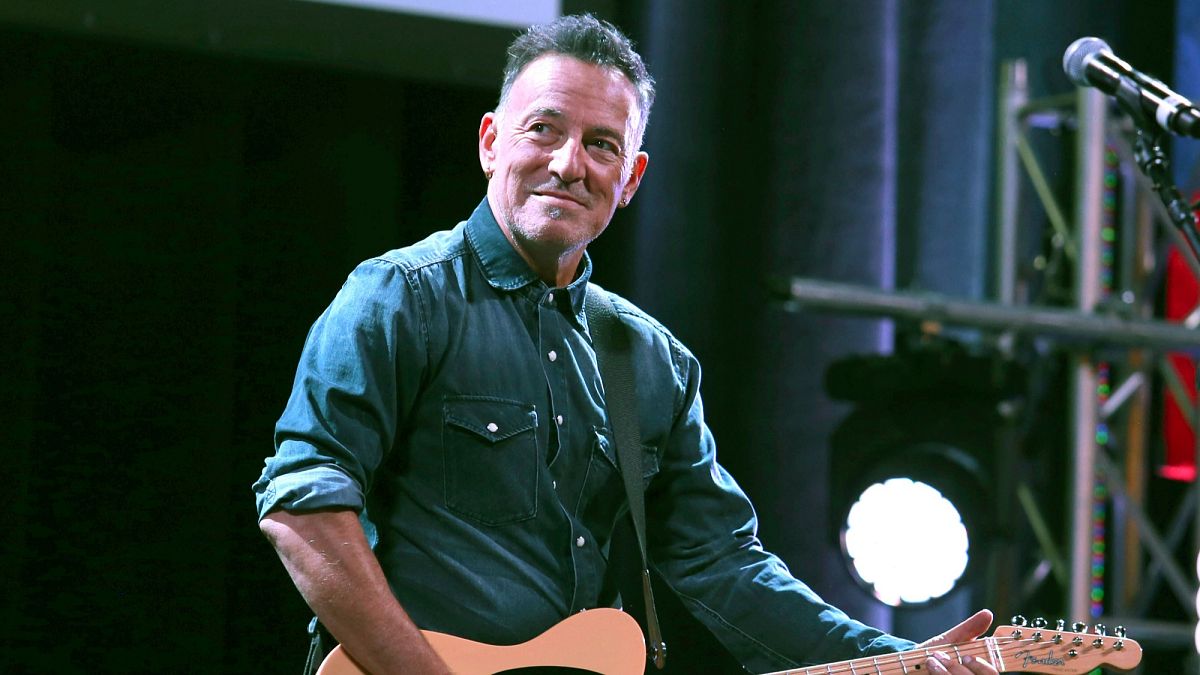
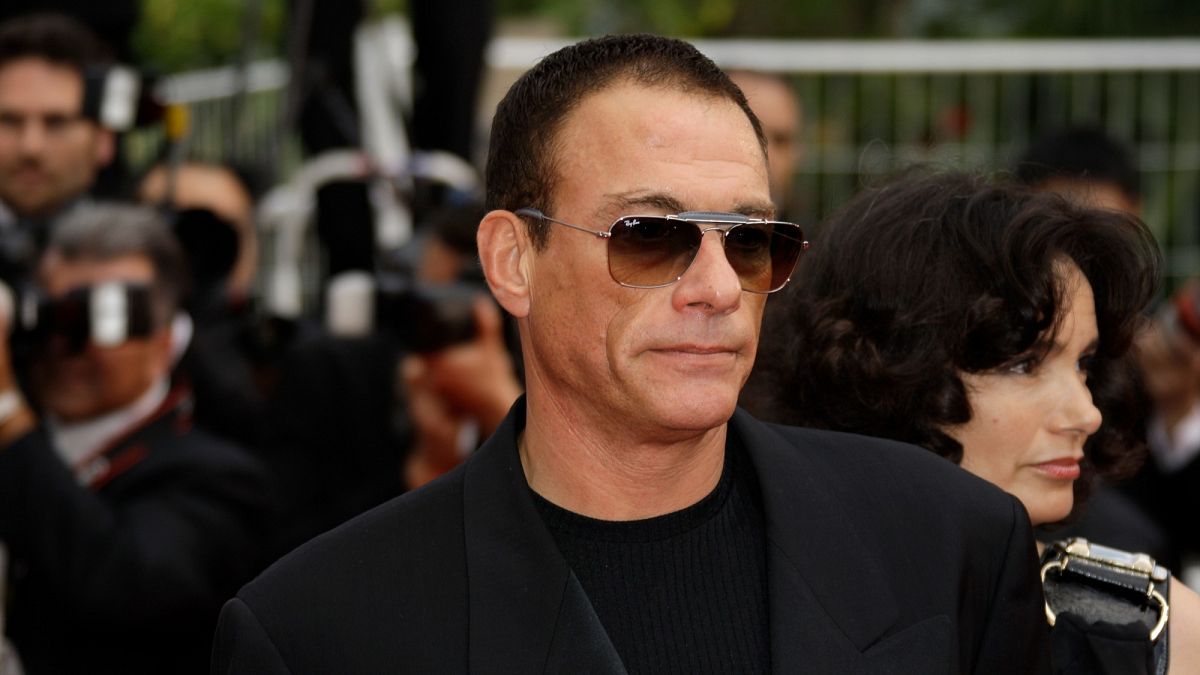
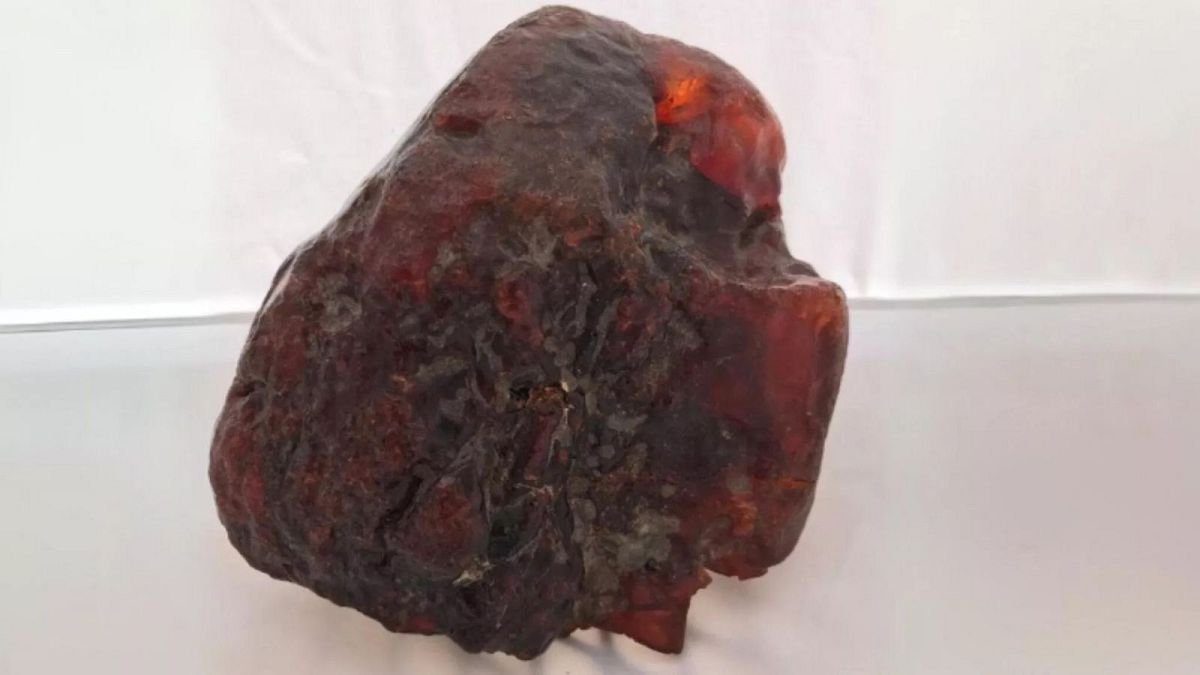
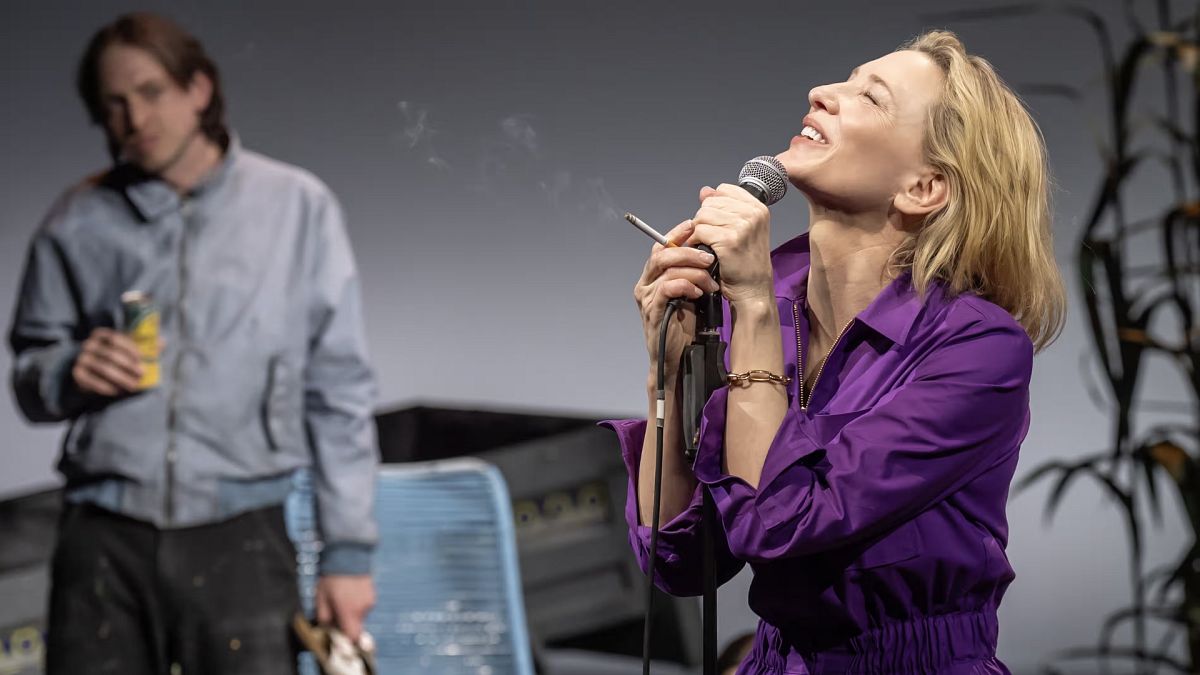
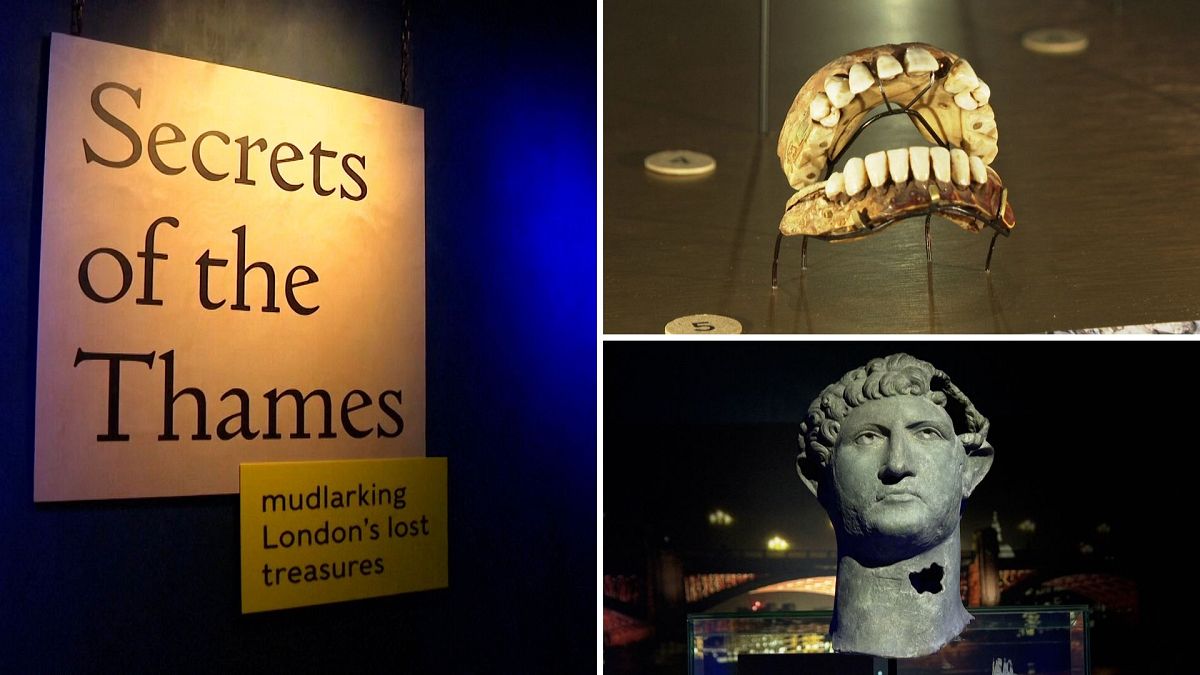

 We deliver critical software at unparalleled value and speed to help your business thrive
We deliver critical software at unparalleled value and speed to help your business thrive






 English (US) ·
English (US) ·